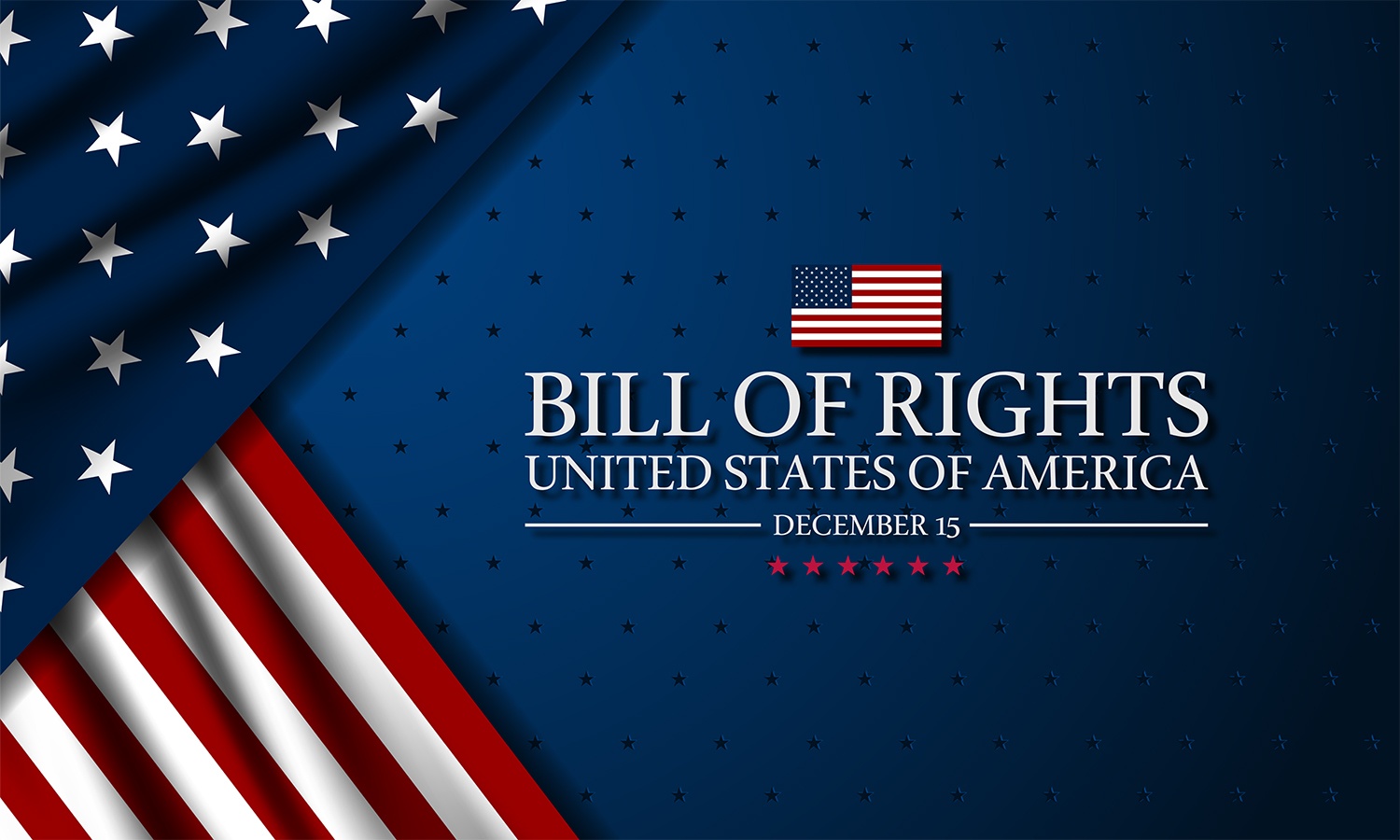Do you know the most common topic addressed in the Bill of Rights?

Do you know the most common topic addressed in the Bill of Rights – the topic addressed by four of the first ten amendments to the U.S. Constitution?
With Bill of Rights Day being December 15, which is the 232nd anniversary of the ratification of the first ten amendments to the Constitution, conservative commentators are likely to focus on the First Amendment protections against government interference in our right to freely worship, assemble, speak, write, and petition the government. Others will focus on the Second Amendment’s right to bear arms. Still others will remind us of the Tenth Amendment, which reserves for the states and the people the powers not delegated to the federal government by the Constitution itself.
All of those are important, of course, and should be celebrated. However, we can’t ignore the subject covered more than any other in the Bill of Rights: criminal justice.
Four of the ten amendments in the Bill of Rights address that topic. And the focus is not on ensuring the government has the power to define and enforce the law; that’s covered in the body of the Constitution itself.
Instead, these amendments reflect, as do all ten amendments in the Bill of Rights, a healthy suspicion and distrust of unchecked power being vested in government officials. The Framers of the Constitution had seen first-hand the abuse of governmental power against the people, and they sought to enshrine certain protections against such abuse.
So, what is included in these amendments?
The Fourth Amendment guards against unreasonable searches and seizures of “their persons, houses, papers, and effects” and against any search or seizure without probable cause and without a warrant specifying the person(s), place(s), and/or thing(s) allowed to be searched or seized.
The Fifth Amendment includes several protections:
· “No person shall be held to answer” for a felony unless there is an indictment from a grand jury.
· No one is, for the same offense, “to be twice put in jeopardy of life or limb.”
· No one is to be required to testify against themselves in any criminal case.
· No one is to be “deprived of life, liberty, or property without due process of law.”
· The government cannot take private property for public use without “just compensation.”
The Sixth Amendment requires that all defendants in a criminal case be granted a trial that is (a) speedy, (b) public, and (c) tried by an impartial jury. All defendants are “to be informed of the nature and cause of the accusation,” to face his or her accusers, to call witnesses in his or her defense, and to have legal counsel.
The Eighth Amendment prohibits excessive bail, excessive fines, and “cruel and unusual punishments.”
There’s no question that the notion of “rights” has been transmogrified to the point where people equate rights with desires. There quite is a difference, for instance, between (a) prohibiting the government from interfering with your ability to acquire something and (b) requiring the government to pay for you to acquire that thing, which, in turn, requires the government to take from others in order to give that thing to you.
Similarly, there are some judges who seem to forsake public safety in the name of protecting the “rights” of clearly habitually dangerous people, placing those defendants back on the street, endangering life and property of innocent citizens.
But those distortions of what “rights” are and the careless actions of some judges do not justify ignoring the explicit rights guaranteed in the Bill of Rights. “Innocent until proven guilty” is a foundational principle in our judicial system – or at least it should be.
It’s not always popular among conservatives to give attention to the rights of criminal defendants. “Do the crime, do the time,” and other colloquialisms are common in conservative parlance. But the same people who framed the Constitution we claim to honor also framed these amendments, for good reason. They knew how easy it would be to drift back into a system that punishes political dissidents as well as actual criminals. We ignore that wisdom at our peril.
Each of the first ten amendments to the Constitution is fundamental to our continued liberty, and we need them to ensure a free and just society. So, today, let’s celebrate the Bill of Rights! All of it.
